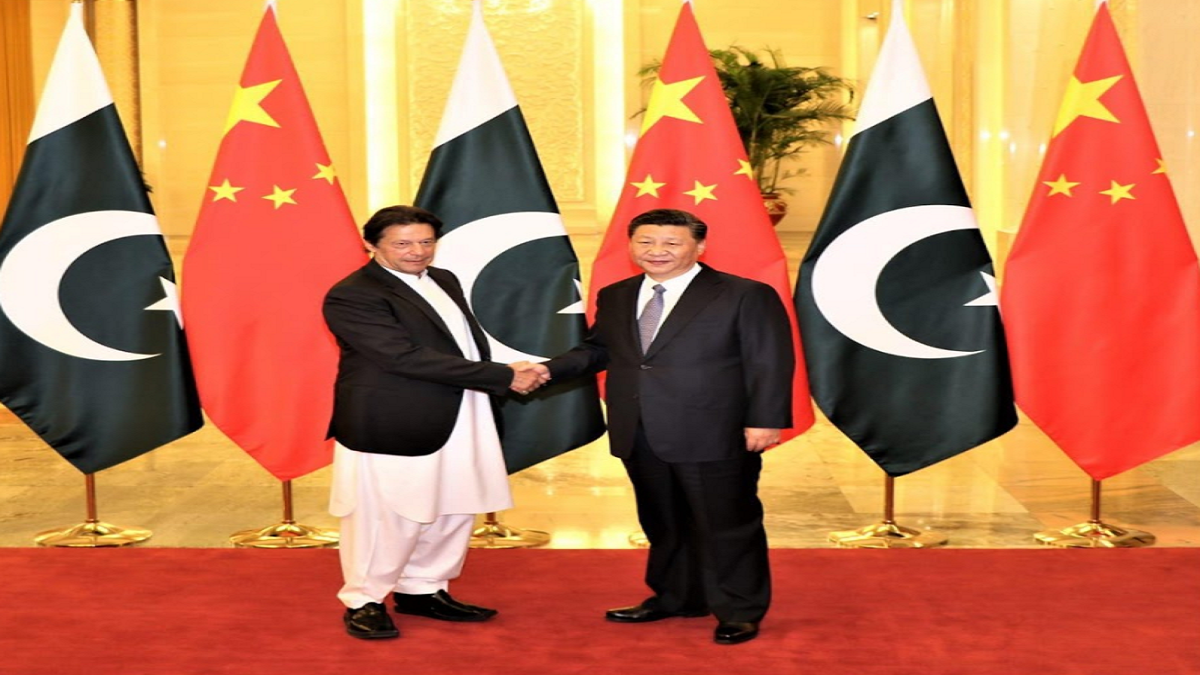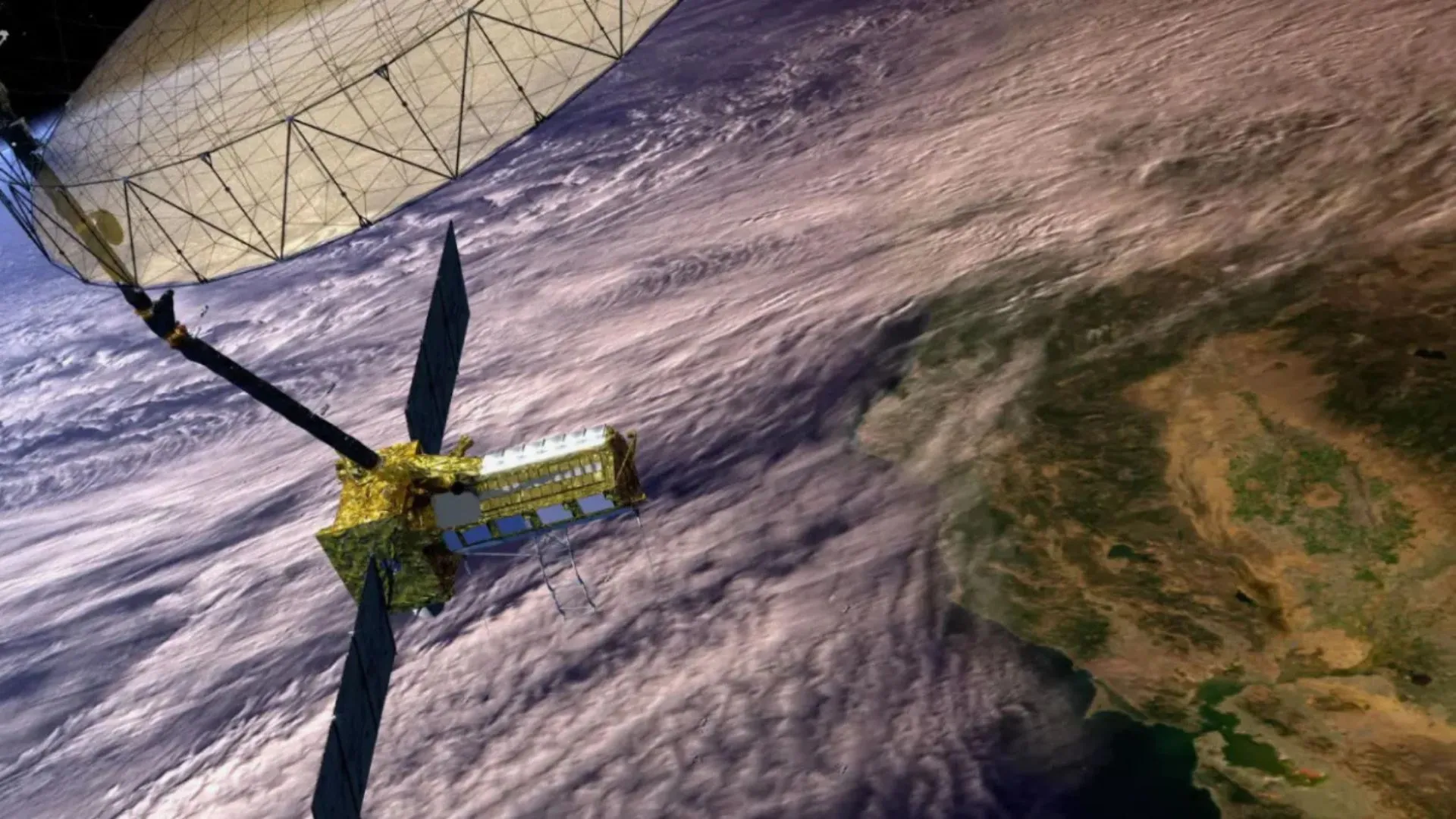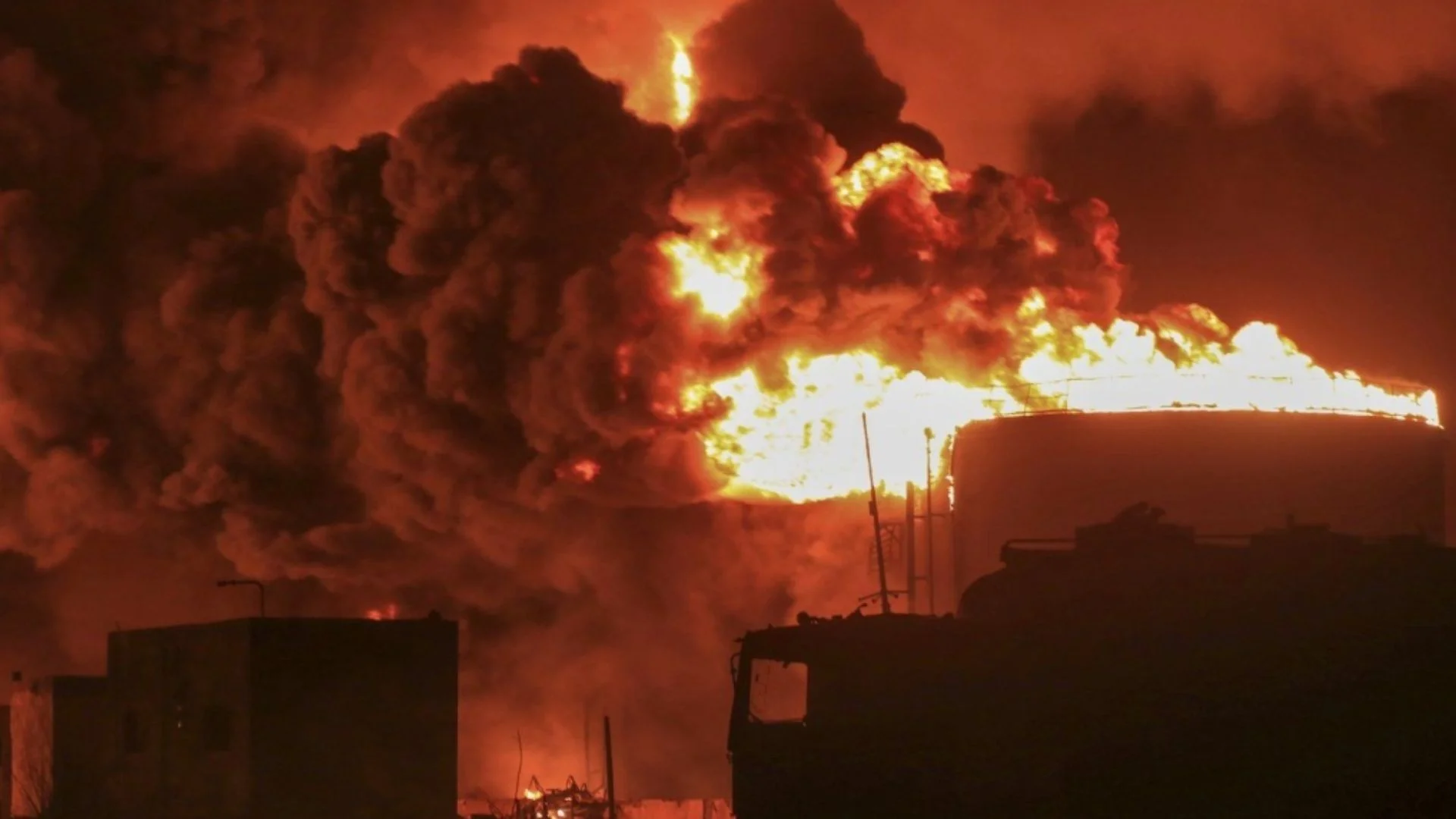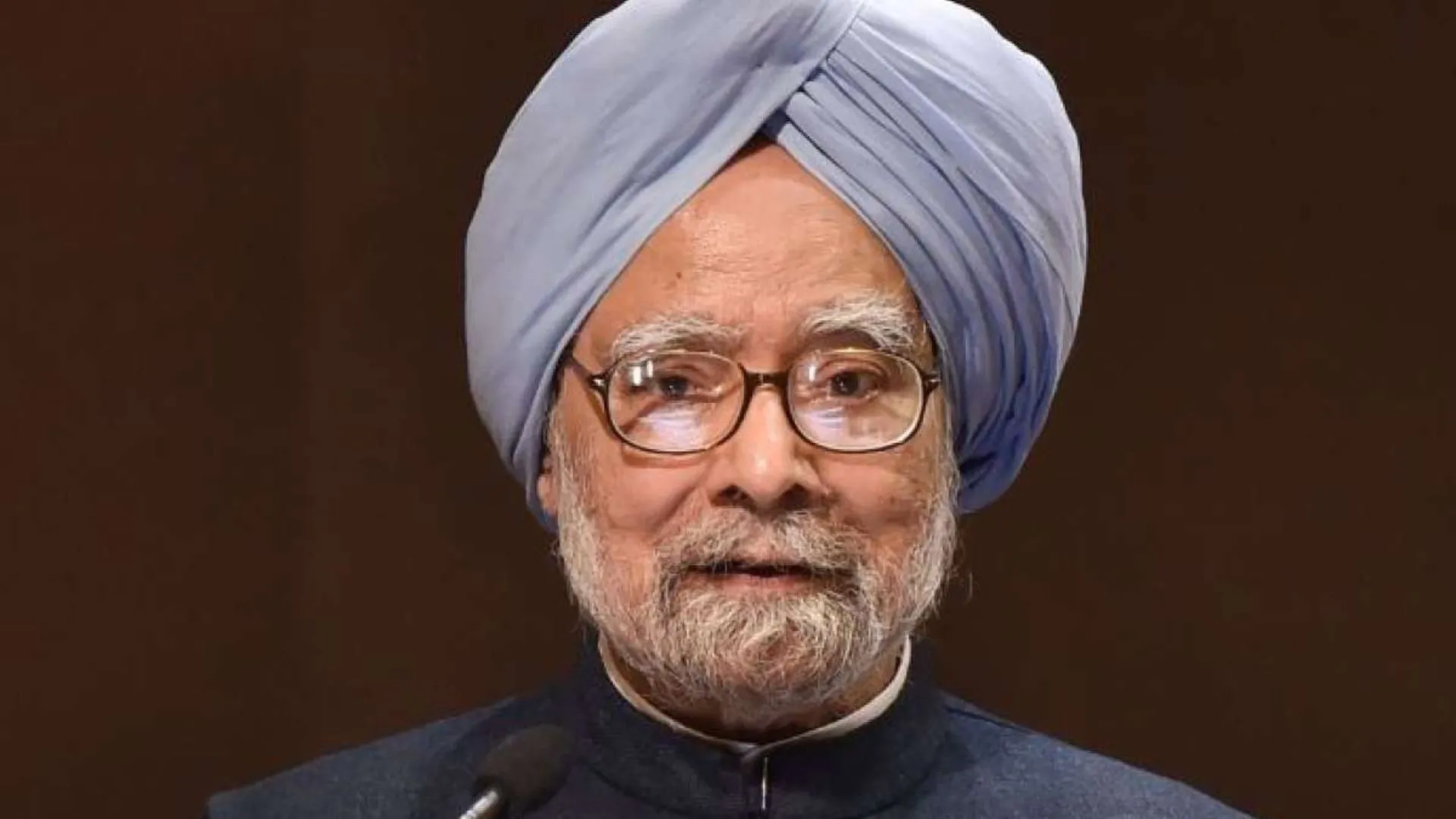Pakistan is staring at allround deterioration in its comprehensive national power and overall national health. Its economic indicators are at an all-time low, internal situation is highly disturbed barring the state of Punjab. It is rapidly losing friends externally, latest being Saudi Arabia and UAE. Xi (China) is having a free run in all affairs of Pakistan and virtually dictating terms to them. It may not be out of place to state that the very sovereignty of Pakistan is under existential threat.
Economic Nightmare
Economically it is under severe stress. It’s GDP has taken a dramatic dip from USD 315 billion in 2018 to USD 278 billion in 2019. Following the COVID-19 pandemic and a downswing in foreign remittances, it is likely to drop further. The Public debt stands at 87% and external debt has risen to 38.7% of its dwindling GDP. Inflation stands at an all-time high of 12.7 %. The Pak Rupee has devalued by almost 40 % and stands at PKR 168 to a dollar. Foreign reserve has fallen to 10.2 billion USD. The US has been constantly reducing its aid; from 2177 million USD in 2014 it has come down to 108 million USD in 2018. Till recently the aid in 2020 stands at just 70 million USD. It is a matter of serious concern for any country that has to go to the IMF now for the 13th time seeking bailout package simply for debt servicing besides borrowing from China to pay back dues to Saudi Arabia. Its 37 billion dollar debt has to be serviced with the help of 6 billion dollar IMF aid. But till now, only USD 1 billion was released, which was boosted in Apr 20 by another 1.4 billion dollar aid to manage the COVID crisis. The Chinese debt out of the total external debt of 37.359 billion is 14.652 billion primarily due to CPEC.
The impact of the economic burden has translated into higher tax collection, inflation and virtual takeover of the financial institution by IMF through its trusted Pakistani financial experts in various apex level government bodies. The traders have gone on strike, protesting against high taxation and expressing their inability to pay increased taxes. The other impact has been on its military preparedness. In the past, the government was diverting large portion of aid packages to enhance its military capacities and capabilities. Farooq Tariq maintains that the military establishment has had a role to play in the aggravation of the economy and despite the current situation recently sought a 20% pay hike to its forces. The Pakistan Tehreek-e-Insaf (PTI) isn’t the first party to seek the Army’s help in maintaining the vicious circle of debt for Pakistan. Even the US aid given regularly to Pakistan since 2002, a major portion gets diverted to fund development of Army capabilities. The import of US Aid can be understood from the fact that since 2002 to 2018, US has given 34 billion USD aid to Pakistan of which Pakistan military has used 8.3 billion dollars and 14.5 billion dollars has been given to reimburse the expenditure made on Collation Security Forces (CSF). Only 11.3 billion dollar was allocated for civilian economic activity. Farooq Tariq has said “Military and debt expenses take up over half of the national budget at present. The successive governments have bowed down to the pressures of the generals and the creditors not to reduce these two unproductive expenditures,” he said. This has forced Pakistan to seek assistance from its allweather friend China. Pakistan is seeking to first, bring down mark-up on debt to London Interbank Offer Rate plus two (Libor+2) per cent from the existing average of about Libor+4.5pc. Second, Pakistan has sought an extension in debt repayment period in the tariff to 20 years from the existing repayment period of 10 years. However, China will extract its pound of flesh by forcing Pakistan to award contracts to Chinese companies with a grant of loan which will enable China to enable its outfits to use the loan money while Pakistan foots the exorbitant interest rates unlike the IMF and World Bank which provide soft loans. Situation is rapidly reaching a point of no return from where Pakistan will have no choice but to be overwhelmed by external and internal debt. In such dire economic state Pakistan is destined to become a virtual vassal of China.
Financial Action Task Force (FAT F) Noose
As if debt servicing was not enough of a trouble, Pakistan faces further distress from the Financial Action Task Force (FATF). It has extended the retention of Pakistan in the grey list during its online June 2020 meeting but still not absolved Pakistan from financing terror organisations and has extended the retention of Pakistan in grey list till its next meeting in October 2020. Pakistan and China had made a joint appeal to take off Pakistan from grey list but the US report on Pakistan slamming it for continuing to support the terror groups operating in Afghanistan and India from Pakistani soil convinced the members of FATF that Pakistan was doing an eyewash of curbing terror funding. Pakistan was further humiliated when its attempt to allegedly implicate four persons from India including an Engineer working in Afghanistan as sanctioned terrorist with links to groups like the Tehrik-e-Taliban Pakistan (TTP) and Jamaatul Ahrar (JuA) was vetoed by the US in the UNSC. Pakistan, once known as the exporter of terror, is now being haunted by the Frankenstein Monster it created as a matter of state policy.
Internal Fissures
Baluchistan Insurgency. Although incidents of terror activities have seen a marginal drop attributed primarily to excessive use of military power on its own citizens in Baluchistan, KPK and Sindh, extremism and intolerance is on the rise. The current situation has the potential of exploding in the face of the Pakistani government if incidents such as the assassination of Hayat Baloch continues to be perpetuated by the Pakistani Army. 25 year old Hayat Baloch, a science undergraduate at Karachi University was killed in cold blood by Frontier Corps (FC) troops in public view in front of his parents without being given any chance to explain his case in Baluchistan’s Turbat town. The incident has sparked unprecedented protests with people gathering in thousands across Baluchistan, other parts of Pakistan. The protests are also taking place in various parts of the world. Baluchistan Human Rights Commission (BHRC) and a pro-independence leader of Baluchistan Allah Nizar have severely criticized the killing. Allah Nizar has said that “Our armed struggle is in accordance with the international laws and is being waged on our land. Until now Baloch armed struggle has not violated any international law and abided by the Geneva Conventions. On the contrary, Pakistan is committing war crimes on a daily basis.”
Discontent in PoK and Gilgit – Baltistan (GB). Highhanded approach of Pakistan has the potential to spark fissiparous tendencies in PoK and GB. For example, a large section of the population is silently but resolutely resisting the occupation of PoK by Pakistani Army. On 21 Aug 20 a journalist and an activist Tanveer Ahmad was on hunger strike demanding removal of all Pakistani flags hoisted in the region. Later he was seen removing the flags himself. He further added that he was mishandled and threatened with death by the security forces. Similarly, people of GB feel cheated by Pakistan as their status stands changed after the release of the new map of Pakistan, wherein they have now been merged with PoK. Earlier GB was directly administered from Islamabad. The new status has the potential to deny adequate resources to Shia dominated GB in favour of the Sunni dominated PoK areas of Mirpur and Muzaffarabad.
Simmering Sindh. Situation in Sind is also not very encouraging, if the recent blast in the Karachi Stock Exchange is any indicator, even Sind is witnessing under currents of internal disaffection with the Punjabi dominated Government of Pakistan. The responsibility for the blast was taken by BLA linked Majeed Brigade. The stock exchange blast was preceded by four coordinated blasts across the Sind province on 19 Jun 20. The responsibility for the blasts was taken by a shadowy militant outfit Sindhudesh Revolutionary Army.
Undercurrents in Khyber Pakhtunkhwa (KPK). To add to the already mounting woes of Pakistan, situation in KPK is also far from encouraging. One of the renowned leaders of PTM was shot dead in May by some unknown assailants. In July 2020, the UN pulled up the government of Pakistan for disappearance of a leading KPK human rights activist Idris Khattak. He was picked up from his car on 13 Nov 2019 by Pakistani Security Forces near Swabi Interchange. If the situation is quite for the time being in this trouble prone province, it is due to dual reasons of severe impact of COVID and highhanded treatment BY Pakistani military. Tide in KPK can turn either which way in the future.
Chinese Under Criticism
Even its all-weather friend China is coming under severe criticism from a large section of people of Pakistan especially the religious section for forcing Pakistan not to take up the case of Uighur Muslims who have been subjected to atrocities by Chinese administration. Journals like Ishraq, Ahl-E-Hadith, Mohaddis, Peyam, Al Burhan, Al Aitisam, Uswah Hasana and Tarjuman Ul Quran have been discussing the matter since November 2019. Chinese Mission in Pakistan has started dictating terms and has asked for reports on the anti-Uighur emotions in the Paki public, degree of people to people contact between Pakistan and people from Kashgar and Urmuqi. Chinese are worried about their dream project of CPEC getting sabotaged by radical groups favourably disposed to Uighur Muslims especially in Gilgit – Baltistan (GB) and proindependence fighters in Balochistan. It has already forced Pakistan to raise a new Special Security Division for protection of the corridor and has taken a commitment from Pakistan to quickly raise the second division for the balance of the CPEC corridor. It would not be out of place to conclude that Pakistan is internally sitting on an extremely volatile volcano which may erupt and become active any time.
Diminishing External Support
OIC Jolt. Externally too it is facing disappointments and rejections by various nations. Crown Prince of Saudi Arabia has refused to meet the Pakistan Army Chief Qamar Bajwa when he had recently visited the Islamic Kingdom to placate him for statement made earlier by the Pakistani Foreign Minister Qureshi. Most experts attribute this snub to Pakistan’s effort to make an alternative Muslim grouping to the OIC with Turkey as its leader; this may be the overriding reason. To drive home their displeasure Saudis have also recalled one billion worth of loan repayments prematurely forcing Pakistan to borrow from its iron friend china a case of robbing Peter to pay Paul. Saudi Arabia has also discontinued oil supplies at a reduced rate to Pakistan. With China striking a deal with Iran, Pakistan has probably been made the errand boy to build an alternate muslim grouping comprising Malaysia – Qatar – Iran – Pakistan – Turkey with the strong backing of the Chinese. This will definitely not go well with Saudi Arabia. In fact few weeks back Saudi Arabia had refused to discuss the Kashmir issue in the OIC, which augurs well for India.
US – China a Zero Sum Game. Even the US has been very lukewarm in its support due to Pakistan virtually selling itself off to China. It has severely cut the aid to Pakistan as highlighted earlier. Pakistanis are hoping that Donald Trump will not win the next elections and Biden may provide the required diversity in the international equation. However, if statements which have been recently made by Biden on terrorism are any indicators, Pakistan may continue to find the going tough. Biden’s campaign agenda released recently states, US will work with India in the Indo-Pacific to ensure no country, including China, “is able to threaten its neighbours with impunity” and will have “no tolerance” for crossborder terrorism in South Asia.” So, Pakistan is doomed either way; it is stuck between the Devil and the Deep Sea.
Conclusion
Pakistan knows that overreliance on only one country for economic assistance will make it highly vulnerable. But despite its effort to garner economic aid from Islamic countries, IMF and the US to tide over the debt crisis and COVID-19 troubles, substantial aid is not forthcoming, forcing it to rely more and more on China. In fact The Dawn had reported in May 2020 that Pakistan had approached 11 bilateral lenders including China under a G20 initiative to suspend for about a year the payment of debt and its interest. Pakistan has to pay about $615 million to China between May 2020 and June 2021 under bilateral debt. It has also requested China for ease in payment obligations of over $30 billion under the China-Pakistan Economic Corridor (CPEC). Dawn went on to add that while China was considering Pakistan’s request but warned them against expectation that China would forgive the debts outright. Proving an old adage that Chinese are nobody’s friend. Internationally, Pakistan has been reduced to being part of a very restricted international alignment of “North Korea-ChinaMalaysia-Pakistan -few Central Asian Republics-Afghanistan [a question mark as of now]-IranQatar-Turkey. With most of the nations in this grouping not in a position to really assist either economically and militarily, Pakistan appears destined on a path of losing its sovereignty to China lock, stock and barrel. China is quietly working to a plan to make Pakistan truly its vassal with minimum investment and maximum outcome in line with the teachings of their ancient and modern Strategy Masters Sun Tzu and Mao respectively.
Lt Gen Dushyant Singh, PVSM, AVSM (Retd) is an alumni of NDC, DSSC, CDM and Naval Post Graduate School California, USA. He has served in varied terrains and theatre of operations, in India and in the UN as Military Observer. He also holds the distinction of having served twice in the elite National Security Guards, as the Deputy Inspector General (Operations) and the Inspector General (Operations).













